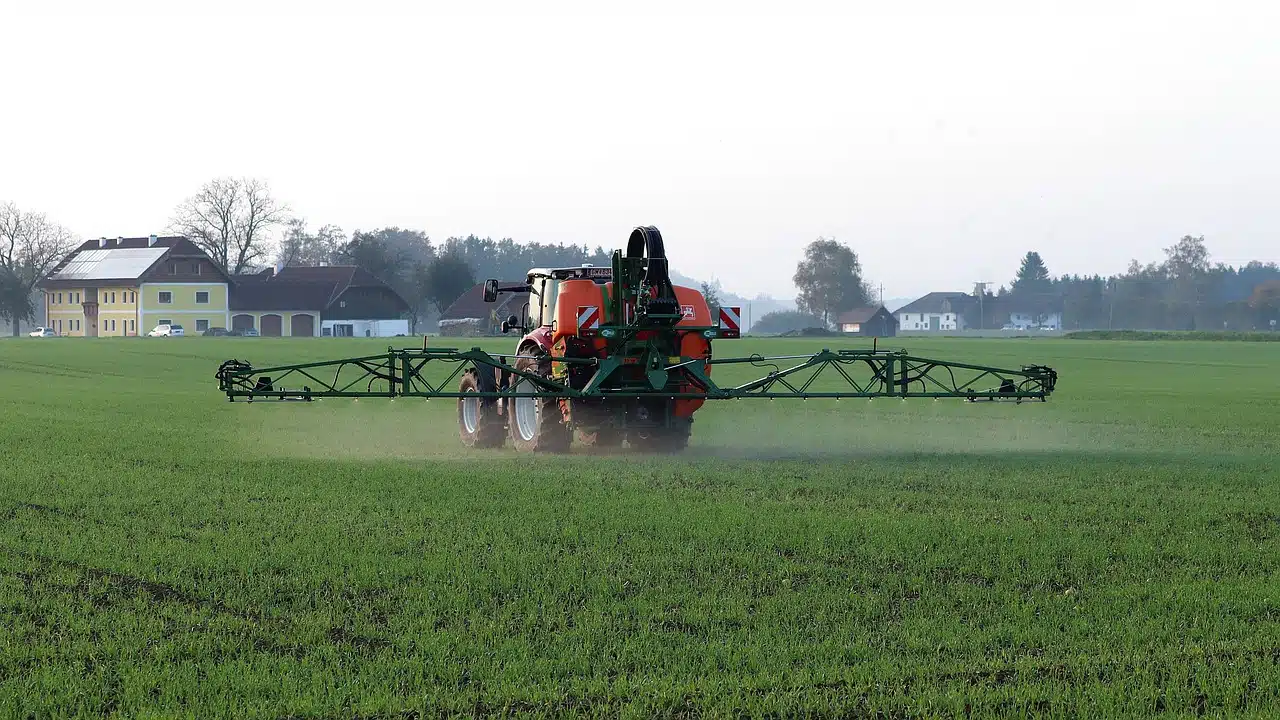
Protectionism is an economic doctrine that seeks to protect national production.
Protectionism is a doctrine and economic policy that establishes obstacles to the entry of foreign products into a country. Its purpose is to privilege national production and avoid foreign competition.
Before moving forward we must determine the etymological origin of the term. In doing so we discover that it emanates from Latin, and more specifically from the verb protecte , which is the result of the addition of the prefix pro- , which means "in favor of" , and the verb tegere , which can be translated as "to protect " .
Characteristics of protectionism
To protect the nation's products, protectionism establishes import taxes or tariffs . In this way, foreign products are more expensive when entering the country and must be offered at a very high price to be profitable, which benefits national products.
Periods of war and economic crisis are usually the moments chosen by governments to implement protectionist policies . Some States, in any case, maintain protectionism as a habitual policy to favor national industry.
It is important to emphasize that, on some occasions, when a country makes the decision to strongly opt for protectionism, the goal is not only to protect its national products but also to achieve autarky , that is, what would be total and absolute sufficiency. of that in economic matters.
Likewise, this economic line that concerns us is justified through a series of approaches, which make it clear that it is committed to the country where it prevails. Specifically, he advocates for it because it is a way to balance the balance of payments, because it is a way to protect the national industry in a solid and forceful way, because it is a measure to protect against dumping and also because It is a method to bring certain national security actions to their maximum expression.

Protectionism sets obstacles to the entry of foreign products.
Your advantages
All this without forgetting that those who are in favor of protectionism consider that it offers an important series of advantages: promotion of national industrialization, increase in nationalist sentiment, creation of national employment...
Defenders of protectionism usually maintain that the unrestricted entry of foreign goods harms local production since certain countries have competitive advantages (due to size, technology, exchange rate, etc.) over national producers, making competition difficult.
Criticism of protectionism
Those who defend free trade , on the other hand, affirm that economic progress can only be achieved through a market without any type of hindrance. These people trust in the market's ability to regulate itself and believe that the entry of state authorities distorts its normal functioning, generating problems.
Currently, the most common criticism of protectionism occurs within the framework of the Common Agricultural Policy between the United States and the European Union , which harms emerging economies since they cannot market their raw materials normally due to tariffs.
